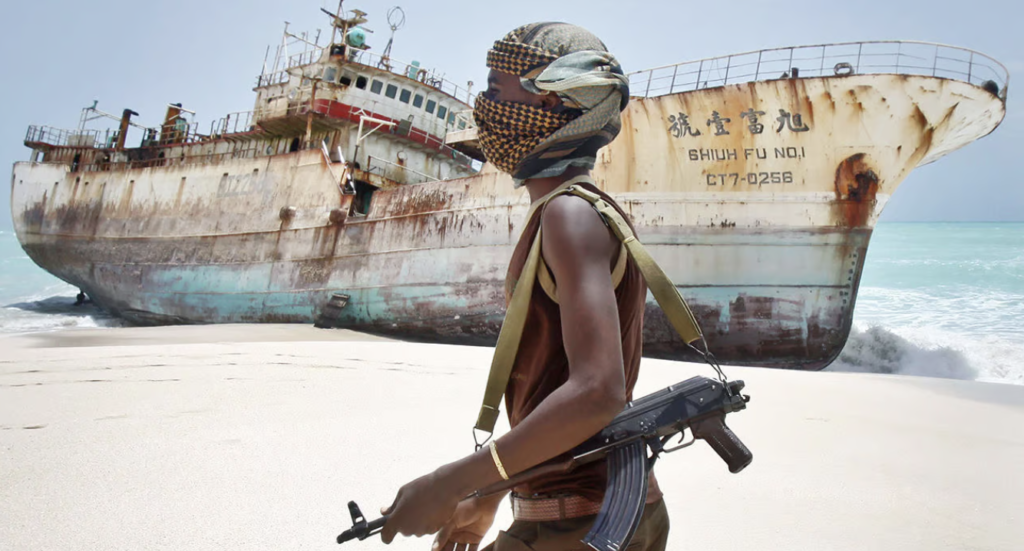
In the tumultuous waters off the coast of Somalia, pirates continue to pose a significant threat to international shipping, despite concerted efforts to combat their activities. These modern-day pirates have plagued the region for years, causing economic losses and jeopardizing the safety of seafarers.
Rising Pirate Attacks
In recent months, there has been a concerning resurgence of piracy in the Somali basin. According to the International Maritime Bureau (IMB), a specialized division of the International Chamber of Commerce, the number of pirate attacks in the region has increased by 40% compared to the same period last year. This upsurge has raised concerns among international shipping companies and maritime authorities.
Root Causes of Piracy
The piracy issue in Somalia has deep-rooted causes that fuel the persistent problem. The country has been grappling with political instability, widespread poverty, and limited law enforcement for years. The lack of a functional central government and widespread corruption has provided a fertile ground for pirates to operate with relative impunity.
Many pirates are former fishermen who turned to illegal activities due to the depletion of local fish stocks and the impact of illegal fishing by foreign vessels in Somali waters. Additionally, piracy has, in some cases, been seen as a viable alternative to unemployment for the nation’s disenchanted youth.
International Efforts and Their Impact
The international community has been actively engaged in combating piracy in the region, deploying naval forces and initiating collaborative efforts with local authorities. The United Nations Security Council has authorized international naval forces to enter Somali territorial waters to counteract pirates, which has led to the disruption of some pirate operations.
One of the most significant initiatives is the Shared Awareness and Deconfliction (SHADE) mechanism, which facilitates information-sharing between international naval forces, regional organizations, and shipping companies. This coordination has helped in identifying and responding to potential threats in a more efficient manner.
Furthermore, regional countries like Kenya, Seychelles, and Mauritius have played an essential role in prosecuting suspected pirates and providing alternatives for the fair trial of arrested pirates. These efforts have contributed to a decline in successful hijackings, but the recent increase in attempted attacks indicates that the problem is far from eradicated.
Challenges Ahead
Despite the progress made, there are still challenges ahead in the fight against piracy off the coast of Somalia. The vastness of the maritime area and the lack of resources and capacity in the region hinder a more robust response. Additionally, the continued political instability and poverty in Somalia create an environment that sustains piracy.
Solving the piracy issue requires a multifaceted approach, including investing in the development of coastal communities, strengthening governance, and providing economic alternatives for potential pirates. International support in terms of capacity-building, law enforcement, and cooperation remains crucial in achieving lasting results.
The resurgence of piracy off the coast of Somalia serves as a stark reminder that this maritime menace remains a persistent challenge. While international efforts have made some headway, the root causes of piracy need to be addressed to achieve lasting success in combating this criminal enterprise. The world must unite in providing support and assistance to Somalia to help the nation overcome its challenges, and in doing so, secure the safety of the high seas and protect the livelihoods of seafarers worldwide.
